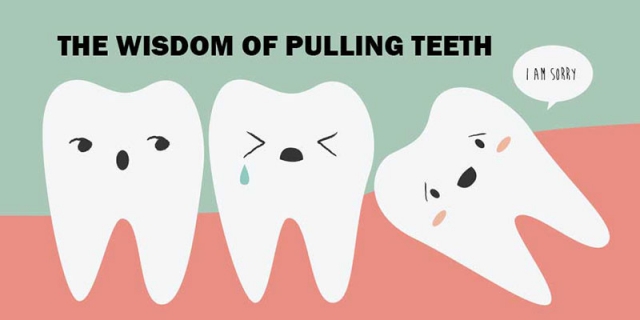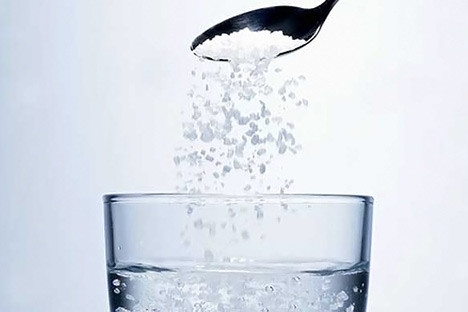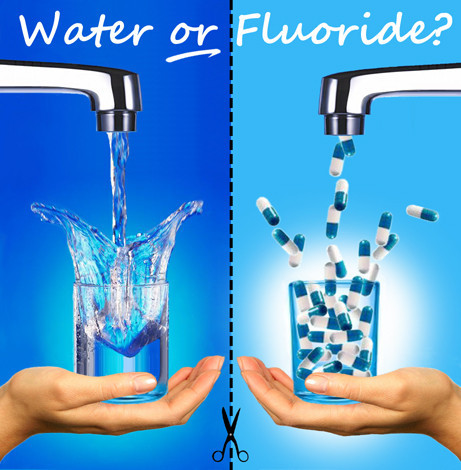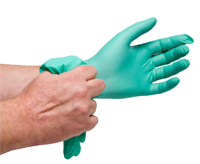White teeth are generally the preserve of the very rich or Americans. No more. Founder of Honestly Healthy Food, Natasha Corrett, has teamed up with premium toothpaste brand BlanX to find ways to naturally brighten your teeth. The foods below can help you gain, or maintain, a perfect smile. Some are a little surprising…

Strawberries
And you thought all those gleaming white smiles at Wimbledon were the result of expensive dental work. Strawberries are fantastic natural teeth whiteners because they contain Malic Acid, which removes surface stains from teeth and whitens the enamel.
Apples
An apple a day keeps the dentist away. Crispy apples strengthen the gums and their high water content increases the production of saliva, dispersing any bacteria in the mouth. And – like several foods on this list – apples function as a naturally abrasive scrub for the teeth.
Celery
Because it’s so stringy it makes a perfect natural dental floss. That’s a joke – please don’t floss your teeth with celery. But, like apples, the high water content of celery brings out that bacteria-washing salvia in force.
Carrots
Alas, carrots won’t help you see in the dark. (That’s an old World War Two myth.) However eating carrots regularly could help whiten your teeth. You know the drill by now. High water content, brings out salvia, bye bye bacteria.
Apples
Chewing this hard fruit will keep your choppers in tip-top shape. The apple’s crispy texture scrubs your teeth and gums, while its high malic acid content helps to remove stains while increasing saliva production
Remember, an apple a day keeps the cavities away.
Carrots
Carrots are a fantastic natural teeth cleaner. Similar to apples, its crunchy abrasive texture polishes teeth and removes surface stains. Carrots also encourage saliva production to protect teeth against cavity-causing bacteria.
Cheese
This one is particularly gratifying. Hard cheese is full of calcium, which strengthens teeth and gums. Plus, being mostly colourless, cheese won’t stain your teeth in the manner of, say, coffee.








